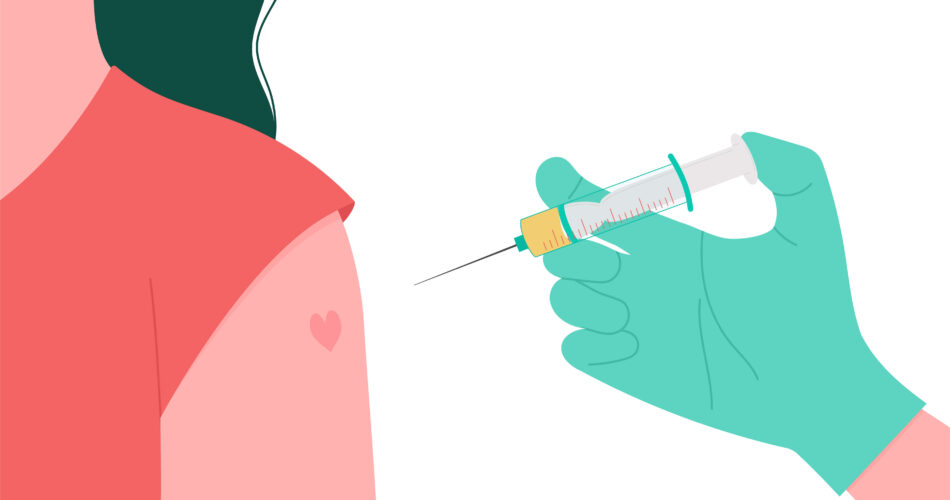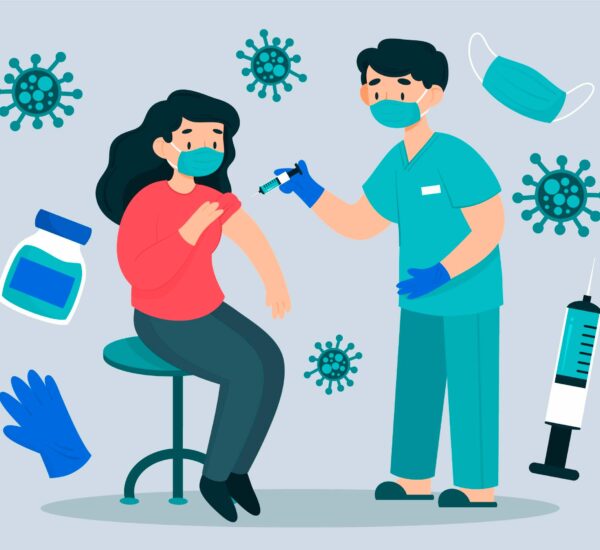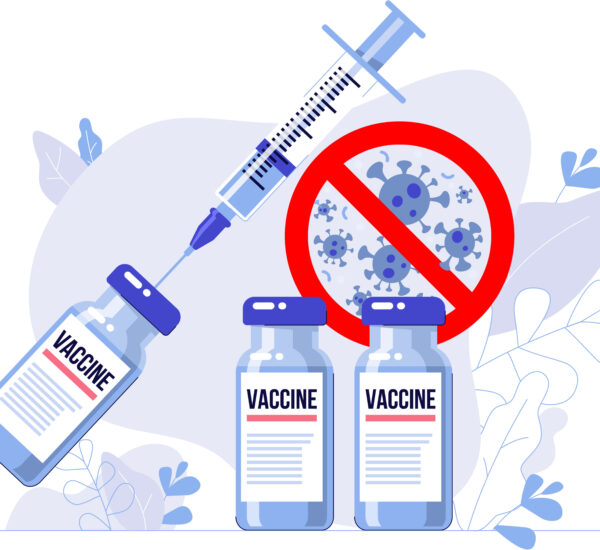Human Papillomavirus (HPV) is a widespread virus and the most common sexually transmitted infection with potential risks of serious health complications, including certain kinds of cancer. One of those cancers that remains a big problem in the Philippines is cervical cancer. Many women have suffered from this complication, and some of them have led to fatalities. Fortunately, today’s health initiatives include education about HPV vaccination benefits. If you are one of the patients who need medical help against HPV, this blog can give you insights. Let’s begin!
HPV Vaccine Philippines Availability
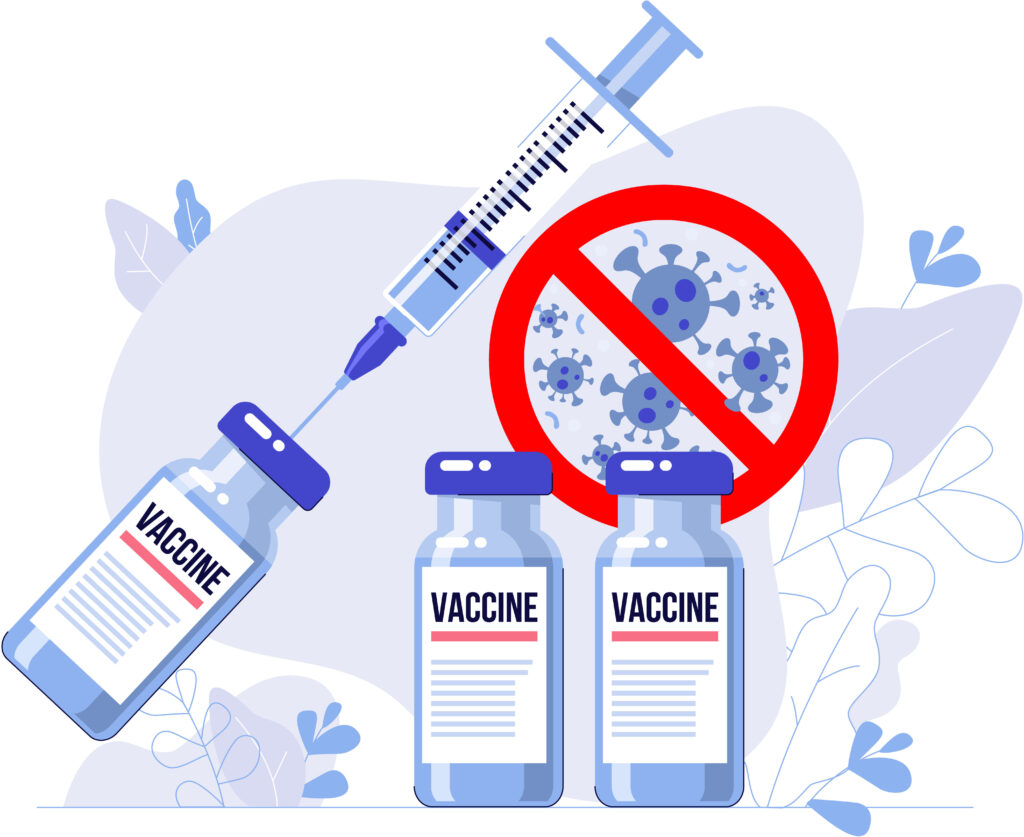
Before discussing the benefits of HPV vaccination, let’s first discover the common vaccines available and which types of HPV they can cover. There are two top brands of HPV vaccine in the Philippines, and both are approved for use by the FDA. Let’s discuss each of them below!
- Gardasil – Previously offered protection against the 4 strains of the virus that can lead to cancer, but improvements were made resulting in more coverage. Today we have Gardasil 9 that covers 9 strains of HPV (e.g., 6, 11, 16, 18, 31, 33, 45, 52, and 58).
- Cervarix – Another brand for HPV vaccine, but minimally offers protection against 2 strains alone. (e.g., 16 and 18).
If you are wondering where to get the HPV vaccine for free Philippines, feel free to check out your local health centers.
Understanding the HPV Vaccination Process
As mentioned, an initiative for fighting against HPV is in the works, which can help patients build their immune systems against the different strains of HPV. This initiative is the availability of the HPV vaccine to the public to eradicate the illness. While such protection is available, only selected individuals are encouraged to receive the vaccine.
This section will provide a better understanding of the HPV vaccination process. Check it out below!
Age Recommendations
According to the World Health Organization, preparation and protection against the virus begins at the age of 9. This pre-teen age is recommended as they deem it the certain age when people don’t engage in sexual activity yet. Despite having this target age, it doesn’t mean that adult individuals cannot receive the vaccine. Sexually active adults at 27-45 years of age may also consider vaccination after discussing risks with a healthcare provider, as the benefits can vary based on exposure history.
Vaccine Doses
The drug administration typically involves two or three doses, depending on age at first administration. Those under 15 require two doses, spaced 6-12 months apart. For individuals over 15, a three-dose schedule is recommended, with each dose spaced several months apart. Completing all recommended doses ensures optimal immunity. It’s best to follow the HPV vaccine schedule for better protection and immunization.
Where to Get the HPV Vaccine
In the Philippines, HPV vaccines are available through government health programs and private clinics. Many healthcare facilities also offer vaccination programs for children and young adults, making them accessible and affordable. Some vaccines may be covered under health insurance, so it’s worth checking coverage details with your provider.
The Benefits of HPV Vaccination
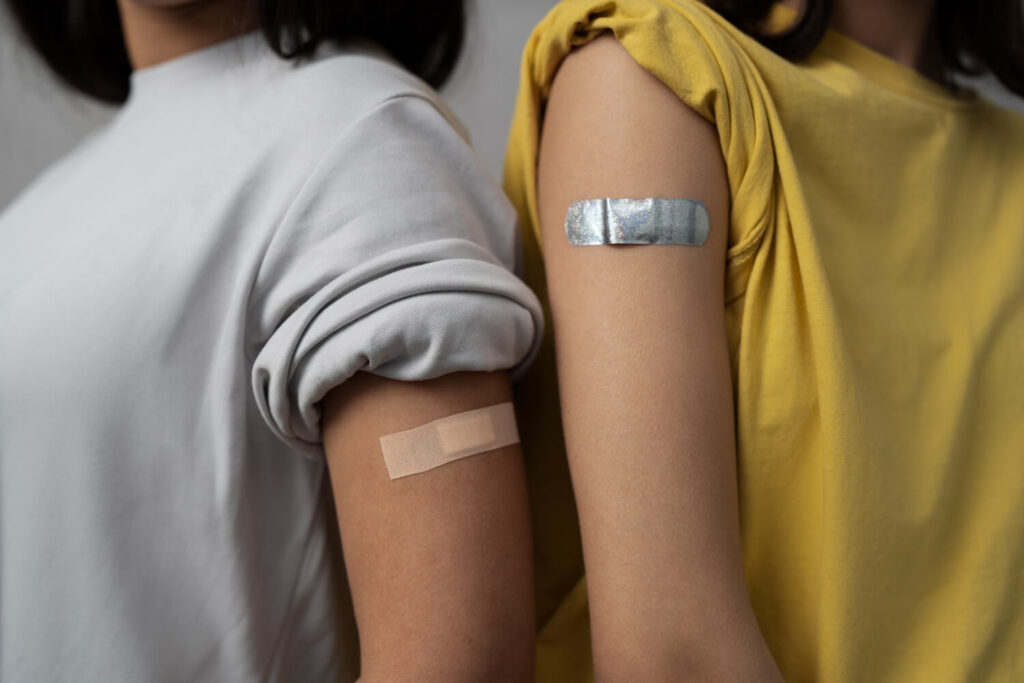
The HPV vaccine has proven to be highly effective in preventing the virus, especially when administered before exposure. Here are some of its key benefits:
Reduces the Risk of HPV-Related Cancers
HPV infection can lead to certain cancers, including cervical, anal, throat, and penile cancers. Studies indicate that over 70% of cervical cancer cases are attributed to HPV types 16 and 18. The HPV vaccine, which targets these high-risk HPV strains, is highly effective in reducing the incidence of HPV-related cancers, especially if taken before exposure to the virus. Individuals who complete the full doses of HPV vaccine are significantly less likely to develop these cancers, offering lasting protection and peace of mind.
Genital Warts Prevention
Besides cancer, HPV infection is a primary cause of genital warts, a non-cancerous but distressing condition. The HPV vaccine also targets the strains responsible for genital warts, notably HPV types 6 and 11. By preventing these infections, the vaccine spares individuals from the physical and emotional discomfort that genital warts can bring.
Protection for Both Genders
While HPV-related cancers are often associated with women, men are equally at risk of contracting HPV, particularly through sexual contact. The HPV vaccine benefits both genders by preventing not only genital warts but also anal and oropharyngeal cancers in men. Vaccination of both males and females contributes to broader herd immunity, reducing the overall spread of HPV within communities.
Safe and Proven Effectiveness
Extensive research has demonstrated the safety and efficacy of the HPV vaccine. Over a decade of data supports its effectiveness in reducing HPV infection rates and associated diseases. Large-scale studies by the Centers for Disease Control and Prevention (CDC) and the World Health Organization (WHO) endorse the vaccine’s success in countries where it has been widely implemented.
Potential Side Effects and Risks of the HPV Vaccine
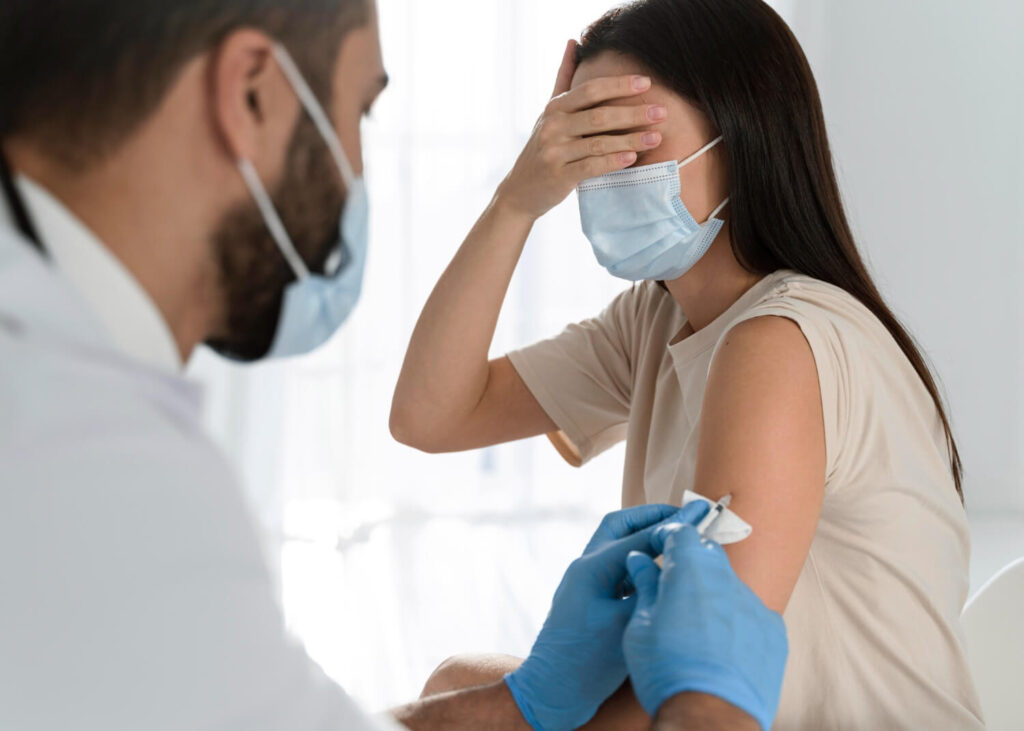
Like all vaccines, the HPV vaccine may cause mild side effects, but serious reactions are rare. Understanding these can help alleviate concerns and encourage vaccination.
Common Mild Side Effects
The most frequently reported side effects include:
- Soreness at the injection site: The area where the vaccine is administered may feel sore or swollen, which usually resolves within a few days.
- Mild fever: Some individuals experience a low-grade fever, which is a normal immune response.
- Headaches and fatigue: These symptoms are typically mild and short-lived, resolving on their own.
Rare Severe Side Effects
Severe side effects are rare and occur in only a few cases. These may include:
- Allergic reactions: Although extremely uncommon, some people may have an allergic reaction to vaccine ingredients. Symptoms include rash, swelling, or difficulty breathing. Immediate medical attention should be sought if these occur.
- Fainting: Occasionally, recipients may feel lightheaded after the injection, especially younger individuals. This is generally short-term and can be prevented by sitting for a few minutes after vaccination.
Healthcare providers are equipped to handle rare adverse events, and the benefits of preventing HPV far outweigh these rare risks.
Frequently Asked Questions
Can adults receive the HPV vaccine?
Yes, adults up to age 45 may receive the vaccine. However, discussing with a healthcare provider is recommended to assess individual benefits, especially if there is prior HPV exposure.
Are there any long-term side effects of the HPV vaccine?
Long-term studies show the HPV vaccine is safe, with no evidence of severe, lasting side effects. The most common side effects are mild and temporary. If your symptoms continue to persist, it’s best to visit your doctor immediately.
Does the HPV vaccine require a booster?
Current evidence suggests that the HPV vaccine provides long-lasting protection, with no need for boosters. However, ongoing research continues to monitor its duration of effectiveness.
Conclusion
The HPV vaccination benefits far exceed its minimal risks, making it a valuable preventive tool against HPV-related diseases. It involves reducing the risk of several types of cancer and preventing genital warts. Thus, the HPV vaccine plays a crucial role in maintaining public health.
Book a session for an HPV vaccine with an HPV specialist today. Visit the nearest hospital, local health clinics, or barangay health centers in your area.
HPV Vaccination Quiz
Test your knowledge about HPV vaccines
